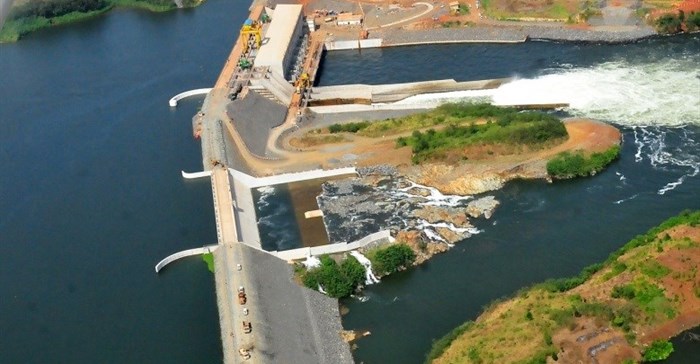Having just bought a 50% operating stake in it, Norwegian state-owned company, SN Power, is painting the Bujagali hydropower scheme in Uganda as a poster child for successful development project. Or is it just glossing over what appears to be a rescue mission for an ailing facility?
Success or failure?
Despite being touted as “sub-Saharan Africa’s most successful public private partnership in the power sector” and “a model for subsequent projects in the region” by SN Power, Bujagali, a hydropower facility located near Jinja, Uganda, has been deemed a failure by the World Bank Group (WBG) and the European Investment Bank (EIB) for not meeting its production projections, nor its development targets.
According to a report by FIVAS – an advocacy group for water-related issues in the global south - before the dam was even completed, the two organisations, which initially funded the project, said the delays in the construction phase had escalated the costs of the project. In addition, the preliminary energy production capacity was pegged at 250MW, whereas the plant, now in operation, only produces between 140-160MW.
“The project in question has been in the focus of numerous NGOs due to its poor performance regarding human rights issues, environmental and sustainability concerns,” FIVAS says.
Price remains high
SN Power also says that “since beginning operations almost four years ago, it now generates roughly half of Uganda’s power supply and has catalysed strong economic growth by reducing the marginal cost of electricity generation by two thirds.”
This claim doesn’t seem to be supported by the Ugandan media or even the country’s president. Early in 2015, The East African reported that the government was in the process of buying back the project from the consortium, in a major reversal of country’s policy for development projects.
“Although much cheaper than thermal, the cost of power generated from Bujagali is, at $0.11 per kilowatt-hour, higher than many projects of similar size. Promoters of the reverse-privatisation proposal believe that the cost of finance and the return on investment contribute to the end-user tariffs,” the newspaper said.
At the same time, President Yoweri Museveni appeared on a local radio station and expressed concern about the cost of electricity produced at the dam. “We still have issues with electricity prices of the distortion caused by the Bujagali project. The concession for Bujagali power was not negotiated well. We will sort it out,” he said.
The plant has also done little to relieve the load-shedding in Uganda.
Development consortium
Originally, the hydro power project was financed and developed by Bujagali Energy Limited, an entity owned by affiliates of the Aga Khan Fund for Economic Development, SGBH and the Government of Uganda. The project’s debt financing arrangement includes development finance institution lenders such as the African Development Bank, WBG and EIB. SGBH, a Mauritian company, is indirectly owned by investment funds managed by Blackstone.
So, notwithstanding the incredibly optimistic spin SN Power is putting on their new acquisition, it appears that there’s a lot of hard work that needs to done to dig this white elephant out of its hole.



































